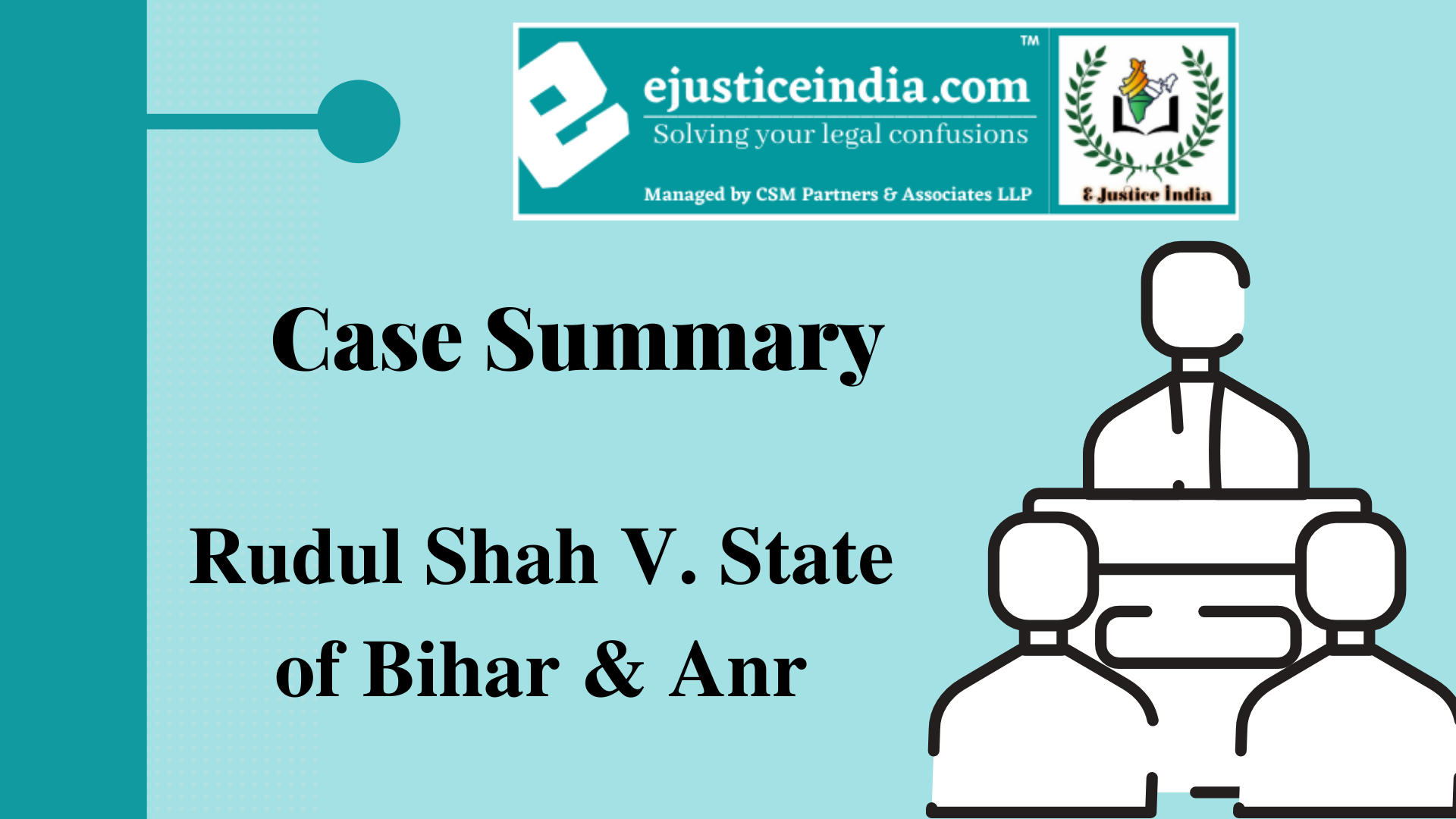MISS MOHINI JAIN VS STATE OF KARNATAKA AND ORS ON 30 JULY 1992
AUTHOR : SYEDA KHIZRA RIZVI
EQUIVALENT CITATION
1992 AIR 1858, 1992 SCR (3) 658
BENCH
Kuldip Singh (J)
PETITIONER
MISS MOHINI JAIN
RESPONDENT
STATE OF KARNATAKA AND ORS.
DATE OF JUDGMENT
30/07/1992
FACTS
A notification was raised by the Government of Karnataka under Section 5(1) of the Karnataka Educational Institution (Prohibition of Capitation Fee) Act, 1984. The said notification allowed Private Medical Colleges in the State to charge exorbitant tuition fees from the students other than those admitted to the ‘Government seats. Miss Mohini Jain, a non-Karnataka student (she was from Meerut in Uttar Pradesh) applied for enrollment in M.B.B.S. course in one of the private medical colleges in Karnataka. She was informed by the college that if she pays Rs. 60,000 towards the first year’s tuition fee and furnishes a bank guarantee for the fees payable for the remaining years of the M.B.B.S. course, she will be admitted. Her parents were not in a position to pay the same and hence she could not be enrolled. Her further case, which was rejected by the Management of the college, was that she was asked to pay a capitation fee of Rs.4,50,000 as a condition of admission. She approached this court under Article 32 challenging the aforesaid notification of the Karnataka Government and asking for a direction to be enrolled on payment of the same fee as was payable by the students of Karnataka admitted against the “Government Seats”.
ISSUE
- Whether the Indian Constitution guarantees the right to education?
- whether this privilege was abused by permitting private schools to demand capitation charges?
- If paying capitation charges in educational institutions is in infringement of section 14 of Indian Constitution, which guaranteed equal question of law?
JUDGEMENT
The Court came up with decisions that the fees charged under government regulation by the Medical College were capitation fees rather than tuition fees. Consequently, the fee payment was also in violation of the Karnataka Educational Institutions (Capitation Fee Prohibition) Act. The Court was not in favour to offer any relief in respect of the petitioner’s enrolment. She was not enrolled to college on merit and the course began in March-April 1991 and so the Court did not see any justification to direct the State Government for admitting the petitioner to the medical college. The writ petition was allowed then.


